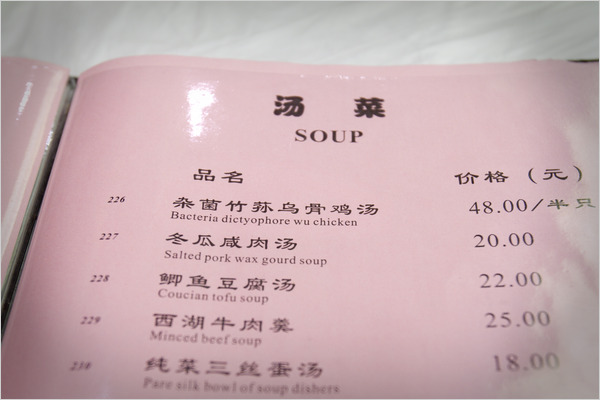Well, well. It would appear that Nicolas Sarkozy is threatening China with “carbon tariffs.” It comes as no surprise that:
His idea already has supporters in the European Commission, particularly among officials charged with defending the interests of European industry.
In other words, the criticism of China is not really based on a perceived risk to the global environment, but that by acting first and China not following, the EU feels that European industry suffers unfairly. It’s difficult to see how this would be legal under WTO rules.
The stated justification for the threatened action was:
“We cannot have one response from Europe and one from Asia, one from the north and one from the south,” he said. “China can and must play its full part.”
…
“I will defend the principle of a carbon compensation mechanism at the EU’s borders with regard to countries that don’t put in place rules for reducing greenhouse gas emissions,” Mr Sarkozy said.
This might be morally defensible if (and I really have to stress that ‘if’) the EU were to hand the Chinese government every cent they took in tariffs from Chinese exporters, thus allowing Europe to claim that they really were acting on behalf of the planet and not just their domestic industry.
However, we still have the very large problem of sovereignty. Why should the EU get to dictate policy to China and to impose it arbitrarily if China doesn’t comply? Even if China were to agree that (a) climate change is real and (b) humankind can and ought to do something about it, it does not follow that China and the EU would agree on an acceptable cost to impose on polluters, not least because China is still a developing country.
The point is that for every tonne of CO2-equivalent emitted in the EU, Europe gets more goods for consumption, but for every tonne emitted in China, we get more goods for consumption and another couple of people lifted out of poverty.
This message was driven home Tuesday by an article in a Communist party newspaper that said 95 per cent of carbon dioxide emissions from the era of the Industrial Revolution through the 1950s came from today’s developed countries. Rich nations’ per capita emissions of greenhouse gases are also far above those in the developing world, the overseas edition of the People’s Daily newspaper said.
Now, if the world can agree on some sort of framework for reducing greenhouse gas emissions that also includes some restrictions on China and India, it seems sensible enough to me to allow carbon tariffs as punitive action against non-compliant states, but that’s pretty much the only way I’d support it.
I suppose that you might argue that if one country refused to ratify some treaty and other countries judged that by failing to do so, that country was placing other countries in peril, then taking action against them – in this case, imposing carbon tariffs – might be justified under “self defence.” It’d be a tough sell, since the danger would not be imminent, but you might try it. The problem then would be that if the stand-alone country were one of the UN security council’s permanent members, they could veto any attempt at multilateral action.
